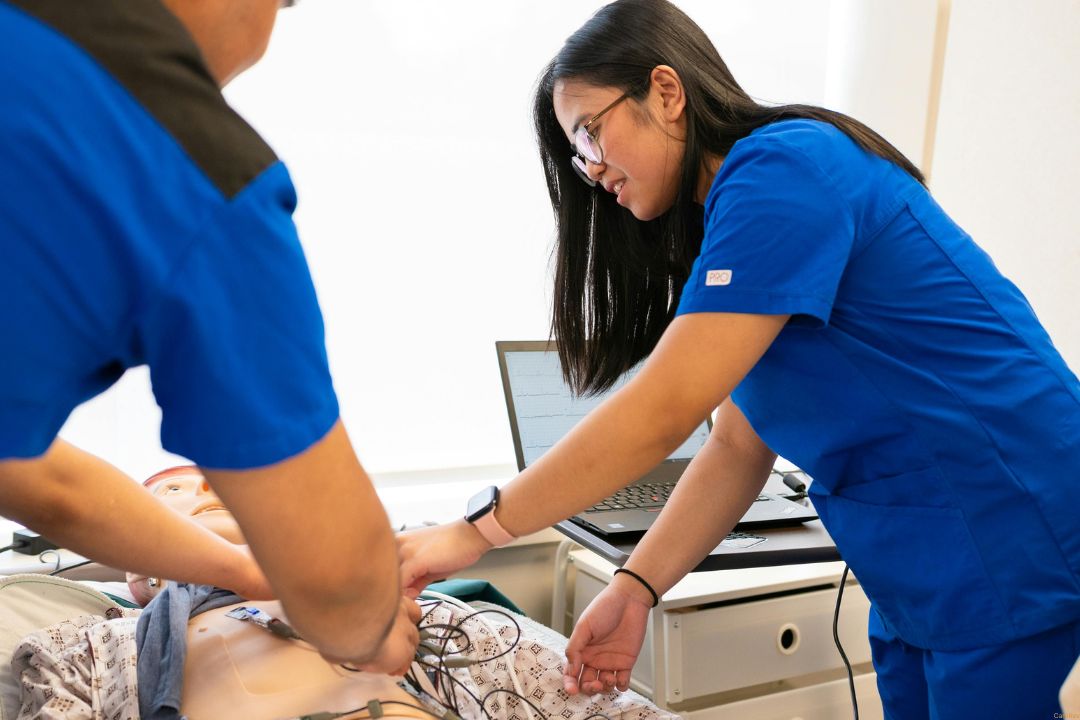
Orthopedic nurses are at the forefront of musculoskeletal care, providing specialized treatment to patients with a wide range of bone and joint conditions. To stand out as a leader in this critical field, many nurses choose to pursue an Orthopedic Nurse Certification. Read on to explore the significance of this certification, the steps to obtain it, and the numerous benefits it offers to nurses and their patients.
What is an Orthopedic Nurse Certification?
An Orthopedic Nurse Certification is a professional credential that recognizes a nurse's advanced knowledge and skills in the care of patients with musculoskeletal conditions. Certified orthopedic nurses play a pivotal role in delivering specialized care and promoting the best possible outcomes for their patients.
How to get an Orthopedic Nurse Certification:
1. Meet educational requirements
Begin by fulfilling the educational prerequisites to become a registered nurse (RN). This typically involves completing an accredited nursing program and passing the NCLEX-RN exam.
2. Gain clinical experience
To be eligible for Orthopedic Nurse Certification, most certification bodies require candidates to have hands-on experience in orthopedic nursing. This often includes a minimum of two years of full-time or equivalent part-time experience in orthopedics.
3. Select a certification body
Several organizations offer Orthopedic Nurse Certification, such as the Orthopaedic Nurses Certification Board (ONCB) and the American Nurses Credentialing Center (ANCC). Research the specific requirements of each certification body and choose the one that aligns with your career goals.
4. Prepare for the certification exam
Certification exams in orthopedic nursing cover topics such as orthopedic assessments, surgical interventions, and musculoskeletal disorders. To prepare effectively, consider enrolling in review courses or investing in study materials designed for orthopedic nurses.
5. Take the certification exam
Once you feel adequately prepared, schedule and take the certification exam. These exams are typically computer-based and consist of multiple-choice questions. Successfully passing the exam earns you the Orthopedic Nurse Certification.
Benefits of an Orthopedic Nurse Certification:
Expertise and Specialization:
Orthopedic Nurse Certification equips nurses with advanced skills and knowledge to provide exceptional care to patients with bone and joint conditions. This expertise ensures optimal patient care and recovery.
Professional Recognition:
Achieving certification in orthopedic nursing is a notable accomplishment. It demonstrates your commitment to excellence in the field and enhances your professional standing among peers and employers.
Career Advancement:
Many healthcare institutions prefer or require Orthopedic Nurse Certification for their orthopedic nursing staff. This credential can open doors to career advancement opportunities, including leadership roles and higher-paying positions.
Enhanced Patient Care:
Certified orthopedic nurses are better prepared to address the unique needs of patients with musculoskeletal conditions. This translates to improved patient outcomes and a higher level of patient satisfaction.
Personal Fulfillment:
The role of an orthopedic nurse is highly rewarding, as it allows you to make a significant impact on the lives of patients recovering from orthopedic procedures or managing chronic conditions. Certification enhances your ability to fulfill this vital role.
Is Orthopedic Nurse Certification right for you?
Obtaining an Orthopedic Nurse Certification is a remarkable achievement for any nurse dedicated to the field of orthopedic care. It not only validates your expertise but also offers numerous professional advantages. By earning this certification, you can elevate your knowledge, advance your career, and make a profound impact on the lives of patients who rely on your specialized care during their orthopedic journey. If you are passionate about musculoskeletal nursing and the well-being of patients with bone and joint conditions, consider embarking on the fulfilling journey toward Orthopedic Nurse Certification.
Looking to explore more nursing certification options? Check out our Nursing Certifications blog to learn about some of the most popular certifications in the nursing field today.





